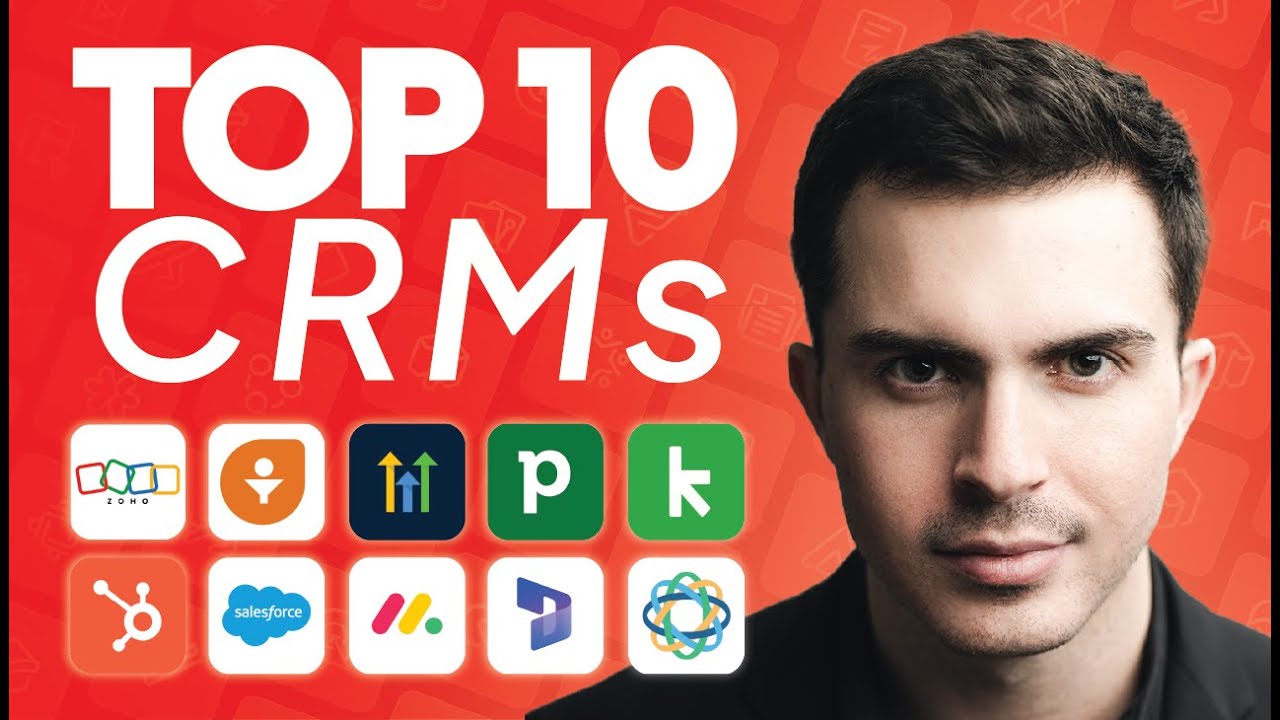
Drew Brockbank
August 20, 2025
5 mins
5 min

.jpg)

.jpg)

When a business comes to me asking whether they should go with Odoo or Zoho, I know they’re at a crossroads. Typically, they are in the middle of fast growth, system sprawl, or a process overhaul. I’ve worked hands-on with both platforms, and while I specialize in Zoho implementations, my job is never to blindly push a platform. I'll help you make the smartest choice for your business needs.
That means you’re weighing Odoo vs Zoho, so I'll give you the straight talk. Let me walk you through the pros, cons, real-world differences, and what I’ve learned working with everyone from solopreneurs to $500M companies.
Both Odoo and Zoho offer a suite of business applications covering CRM, accounting software, inventory management, HR, and more. They’re also built for scalability, they’re modular, and they cater to small and medium-sized businesses as well as larger enterprises.
But that’s where the similarities end.
Odoo leans hard into its open-source nature and modular structure. It’s known for being highly customizable and developer-friendly. Zoho, on the other hand, offers a more out-of-the-box experience with smoother integration between apps and a strong focus on usability and support.
Let’s break it down further.
If you value user friendliness, rapid deployment, and a cloud-based accounting software suite that grows with you, Zoho is the clear winner.
With over 50+ tightly integrated apps, including Zoho CRM, Zoho Books, Zoho Inventory, Zoho Projects, and Zoho Creator, Zoho offers an entire ecosystem.
Here’s what I love about it:
Zoho also stands out with its free plan for small businesses and flexible pricing plans. The premium plan tiers unlock options like workflow automation and advanced analytics across your organization.
Another key advantage? Security. Zoho uses strong security measures like two-factor authentication and data encryption. And unlike some competitors, Zoho does not monetize user data. Privacy is core to their business model.
That matters for customer satisfaction.
Now let’s talk about Odoo.
Odoo is ideal for companies that need a tailored, highly customizable system and have the technical chops (or partners) to support that. It's a source framework and modular structure that lets you build exactly what you want. However, please note that you’re also building more from scratch.
Some businesses choose Odoo for its flexibility in:
But here’s the tradeoff:
This is where I see a lot of confusion. Businesses want to manage cash flow, automate tax reports, handle bank reconciliation, and produce professional recurring invoices.
Both platforms can do this. But the cloud-based nature of Zoho Books and its tighter UI make it more accessible for growing teams.
Odoo Accounting does have some powerful features, especially when extended with community modules. It’s solid, but not as polished as Zoho Books unless you put in dev time.
If your business relies on inventory management, Zoho Inventory integrates directly with Zoho CRM, Zoho Books, and even e-commerce platforms. This full-cycle integration lets your sales and operations work together without spreadsheets.
Odoo also handles inventory well, but again, you’re often building things out to get the same level of polish.
Both platforms offer CRM capabilities. If you want something that works immediately, with minimal config, Zoho CRM delivers.
For most businesses, especially those without a dedicated technical team, Zoho is the smarter investment. It’s cost-effective, fast to implement, and gives you access to serious enterprise tools without needing to be an enterprise.
If you already use Zoho CRM or are planning to centralize your sales, marketing, and finances into one system, I strongly recommend Zoho One or Zoho Books.
If you’re a larger org with very niche workflows, or you’re building custom ERPs from scratch, and you have the budget for developers, then choose Odoo.
Need help figuring out your path? Let’s talk.
At Brockbank Consulting, we specialize in helping businesses unlock Zoho’s full potential. From accounting operations to workflow automation, we build systems that scale with your team, your processes, and your future.
Book your free consultation today. Let's turn your software into a growth engine.





Book your free consultation to learn how Zoho should work for your business. We will show you the best practice ways to set it up and use it for your industry so you get the most out of Zoho.


Dive deeper into our expert articles.


